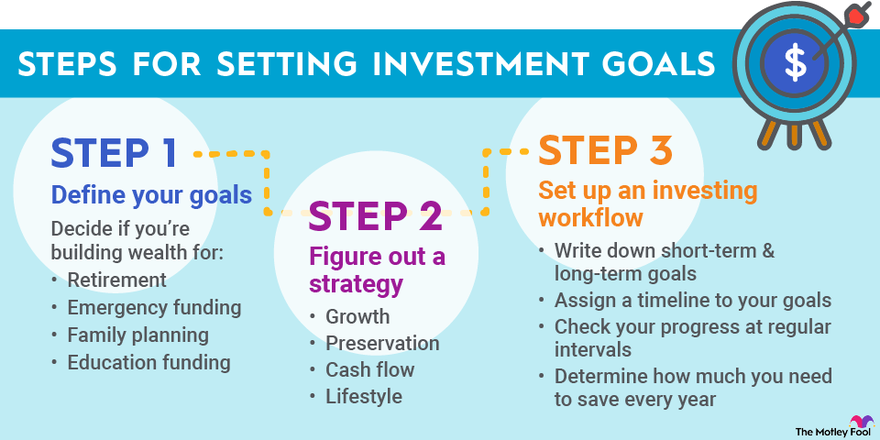
Investing in Your Future: Smart Money Moves to Make Today
May 27, 2024Unlock the secrets to financial success with these 10 savvy strategies for investing in your future starting now!

Image courtesy of maitree rimthong via Pexels
Table of Contents
As an entrepreneur, managing your personal finances is just as important as managing your business finances. Setting clear financial goals, budgeting effectively, and investing wisely are key components of building a secure financial future. In this guide, we’ll explore essential personal finance strategies that every entrepreneur should consider to ensure long-term financial success.
Setting Financial Goals
One of the first steps in taking control of your finances is setting clear financial goals. Whether you’re saving for retirement, planning to purchase a home, or aiming to grow your investment portfolio, having specific and achievable goals is essential. When setting financial goals, it’s important to follow the SMART framework:
- Specific: Clearly define your financial objectives.
- Measurable: Set benchmarks to track your progress.
- Achievable: Ensure your goals are realistic given your current financial situation.
- Relevant: Align your goals with your long-term financial aspirations.
- Time-bound: Establish a timeline for achieving your goals.
Budgeting and Expense Tracking
Creating a budget and tracking your expenses is fundamental to managing your personal finances effectively. Start by documenting your income and fixed expenses, such as rent, utilities, and loan payments. Then, allocate a portion of your income to variable expenses like groceries, entertainment, and transportation. Utilize budgeting tools and apps to track your spending and identify areas where you can cut back.
By budgeting and tracking your expenses, you’ll have a clear understanding of where your money is going and can make informed decisions about your spending habits. This awareness is essential for staying on track with your financial goals and avoiding unnecessary debt.
Building an Emergency Fund
As an entrepreneur, having an emergency fund is crucial to weathering unexpected financial setbacks. Aim to save at least three to six months’ worth of living expenses in an easily accessible account, such as a high-yield savings account. If you’re just starting, focus on building a small emergency fund and gradually increase it over time.

Image courtesy of via Google Images
Consider automating your savings by setting up automatic transfers from your checking account to your emergency fund. By prioritizing your emergency fund, you’ll have a financial safety net to fall back on in times of need, allowing you to focus on growing your business without worrying about unexpected expenses.
Investing for the Future
Investing is a critical component of building long-term wealth. As an entrepreneur, explore different investment options, such as stocks, bonds, mutual funds, and real estate. Diversifying your investment portfolio can help mitigate risk and maximize returns over time.
When investing, consider your risk tolerance, investment timeline, and financial goals. If you’re new to investing, consider consulting with a financial advisor to develop a tailored investment strategy that aligns with your objectives. Remember, investing is a long-term commitment, so stay focused on your financial goals and avoid making impulsive decisions based on market fluctuations.
Protecting Your Assets
Protecting your assets is essential for safeguarding your financial future. As an entrepreneur, consider obtaining adequate insurance coverage, such as health insurance, life insurance, disability insurance, and liability insurance. Insurance can provide financial protection in the event of unexpected medical expenses, loss of income, or legal liability.

Image courtesy of via Google Images
In addition to insurance, estate planning is crucial for ensuring the smooth transfer of assets to your heirs. Create a will, establish a trust, and designate beneficiaries for your retirement accounts and life insurance policies. By proactively planning for the future, you can protect your assets and provide financial security for your loved ones.
Conclusion
By implementing these smart money moves, you can take control of your personal finances and set yourself up for long-term financial success as an entrepreneur. Remember to regularly review your financial goals, adjust your budget as needed, and stay informed about investment opportunities. Building a secure financial future requires discipline, patience, and a willingness to make smart financial decisions today for a prosperous tomorrow.









